
Alumni Perspectives
So What Can You Do with an Art History Degree?
"I work in sales for an art tech company, [Artsy]. It's been an interesting journey, but I'm beyond happy with where I've landed, and could not have gotten here without my degree in art history. My general workday involves researching gallery prospects to join Artsy's online marketplace, by perusing gallery websites, learning about their represented artists, and having conversations with gallery owners. 'For the love of art' is one of Artsy's main company values, and I feel lucky to work at a company that truly believes in the impactful power of art."
–Emma Romano, Sales Support and Enablement, Artsy
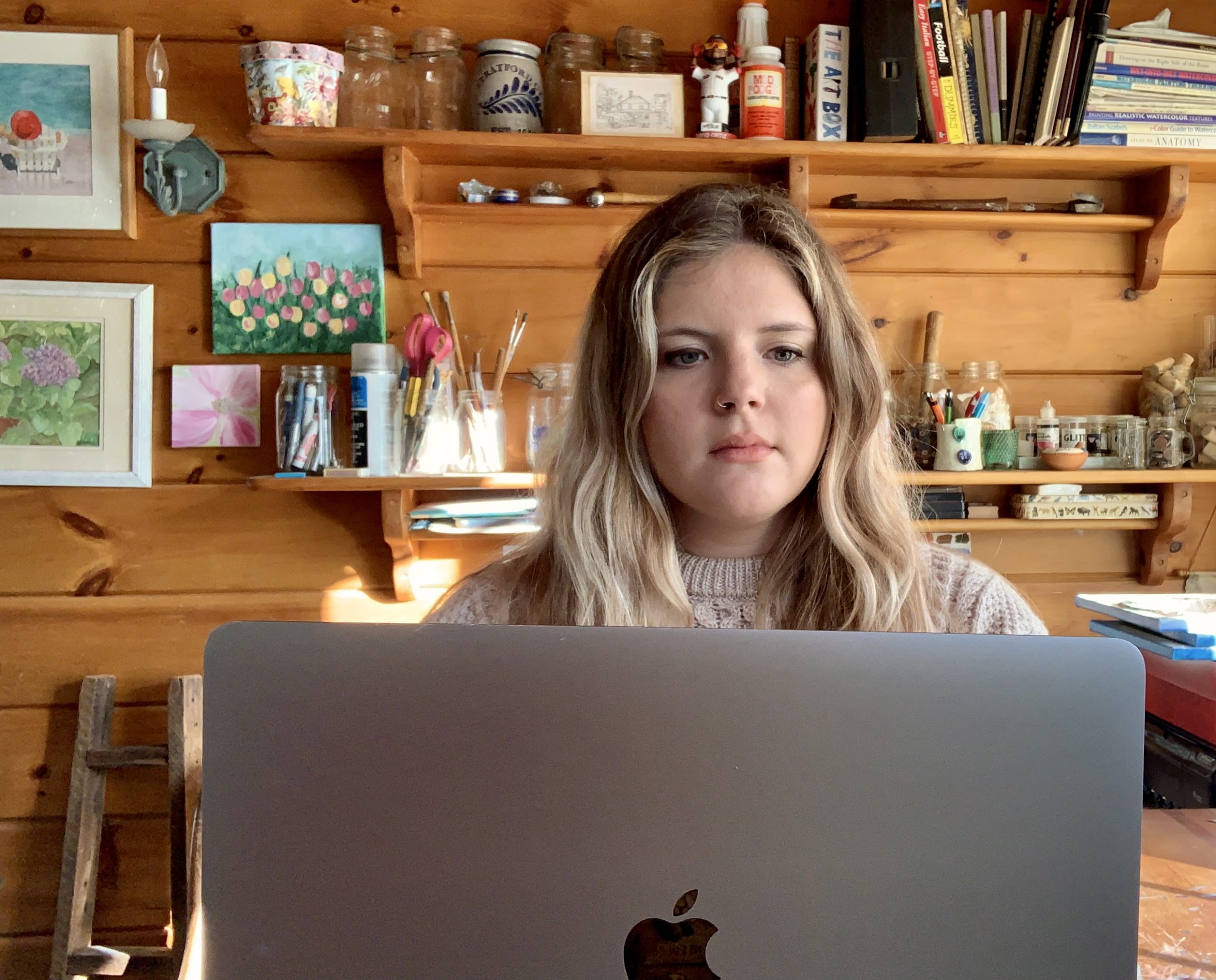
“My studies in Art History have played a material role in my career as an Actuary, from the beginning to the present. In interviewing for internships and full time positions, having a minor in Art History helped me stand out from other candidates, as it showed how well-rounded I was. In my day to day work I do a lot of analysis and modeling, working with data. Art History taught me the importance of digging deeper, understanding the context and the larger story of works of art. I use these skills, this mentality, every day in my work, as I dig into the data and understand its sources and contexts to find a story. "
–Anneke Velthuizen, Assistant Actuary, Aetna, Connecticut
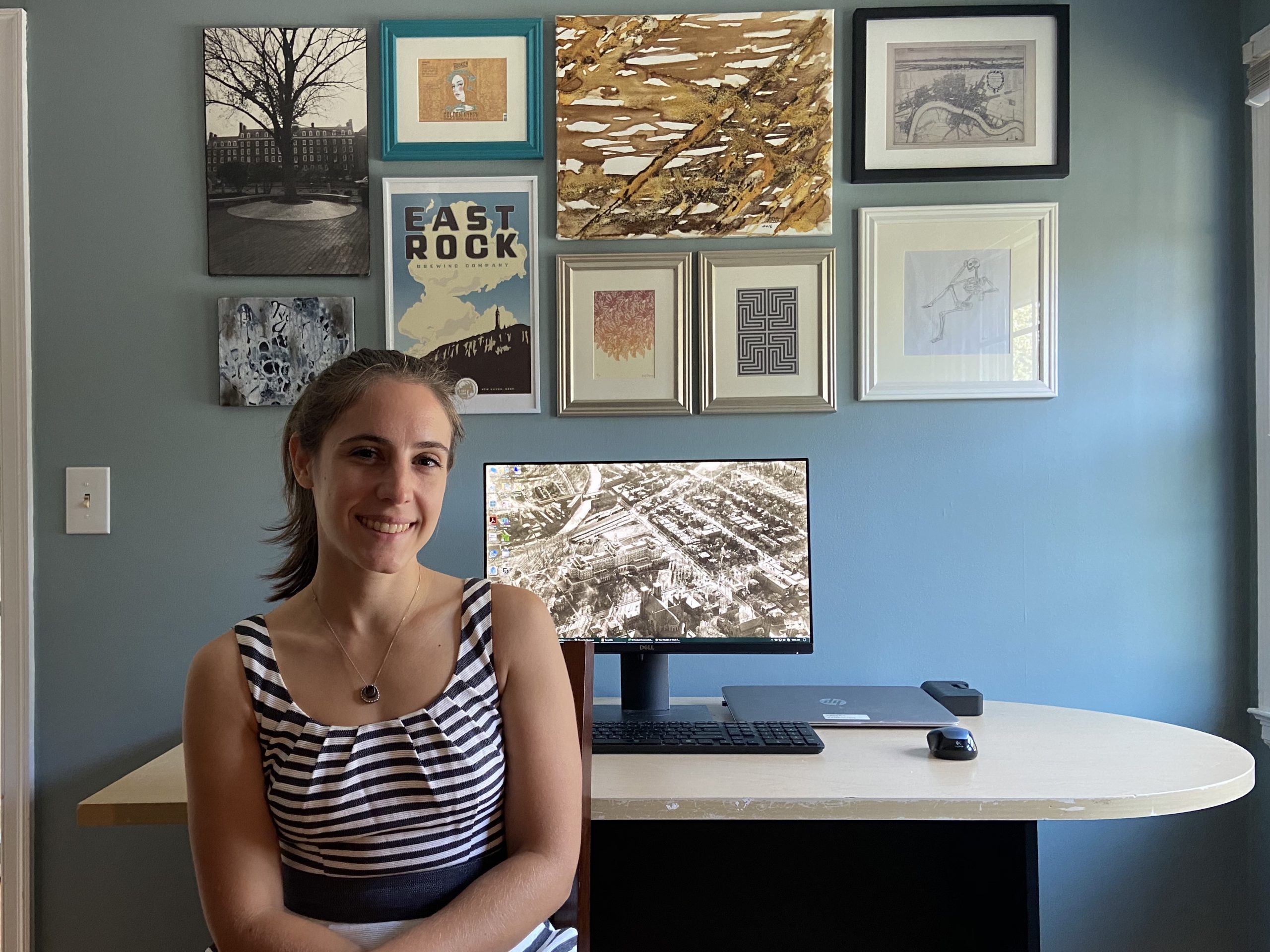
"Whenever I told anyone I studied art history at UConn, their first reaction was always: How do you expect to find a job after graduation? The truth is, an art history degree has not only lifted me towards a fulfilling career working directly with artists and the countless industries their work empowers, but more importantly the critical thinking skills and razor-sharp observational eye gleaned from an arts background informs both how I navigate daily obstacles as well as larger existential questions. To understand the significance of images in our culture is an increasingly valuable asset as we forge ahead into truly unknown territory. My art history education makes me feel secure in my ability to confront the world and the people who shape it."
–Nicolas Ochart, Assistant to Partner, Salon 94, New York
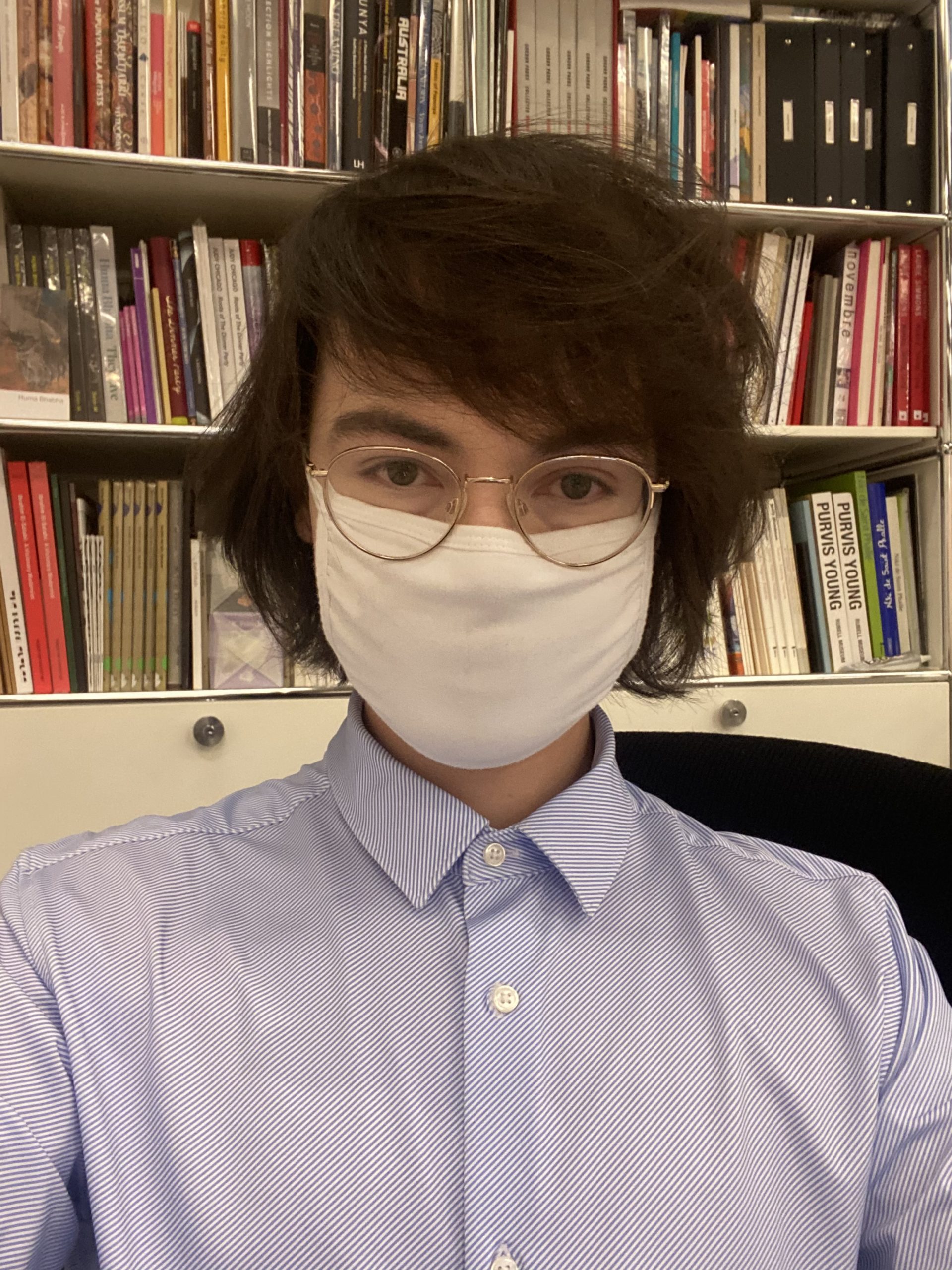
“I decided to study Art History in order to become a better global citizen after graduation. My personal theory was that since every single culture expresses themselves visually—and other cultural aspects like language, take years to even begin scratching surface—cultures could be understood holistically through their art. The resources available through UConn’s School of Fine Arts prepare you with a grounded historical knowledge to view the world today. Personally, this mission has become a useful tool I use everyday in the tourism industry. A simple mention of a painting or artist from a guest’s home country brightens their spirit and eases their travel anxiety.
I am proud to have graduated from UConn because the classes, the teachers, the classmates, even the hard days, have all brought more empathy to my life. Empathy has led to curiosity which led to working in foreign countries and working in and traveling to 33 of our beautiful states since graduation in 2017.“
–Madeline Nicholson, Tourist Relations, Vail Resort, Colorado

“The luckiest day of my life was when my freshman advisor put me into my first Art History class; during that semester, I fell in love with what I thought was simply a unique (and way more fun) way of studying human history and society. Instead, I also gained writing and researching skills that landed me a job in the middle of a booming industry in Los Angeles. My degree in Art History taught me to see, and to simultaneously understand both micro and macro. Complexly coded portraiture is not dissimilar from designing a user experience. Learning how to read and understand human perception through art prepared me to think critically about everything I see, and I think that’s invaluable.”
–Charlotte MacGregor, Project Coordinator, Cinnabar, California
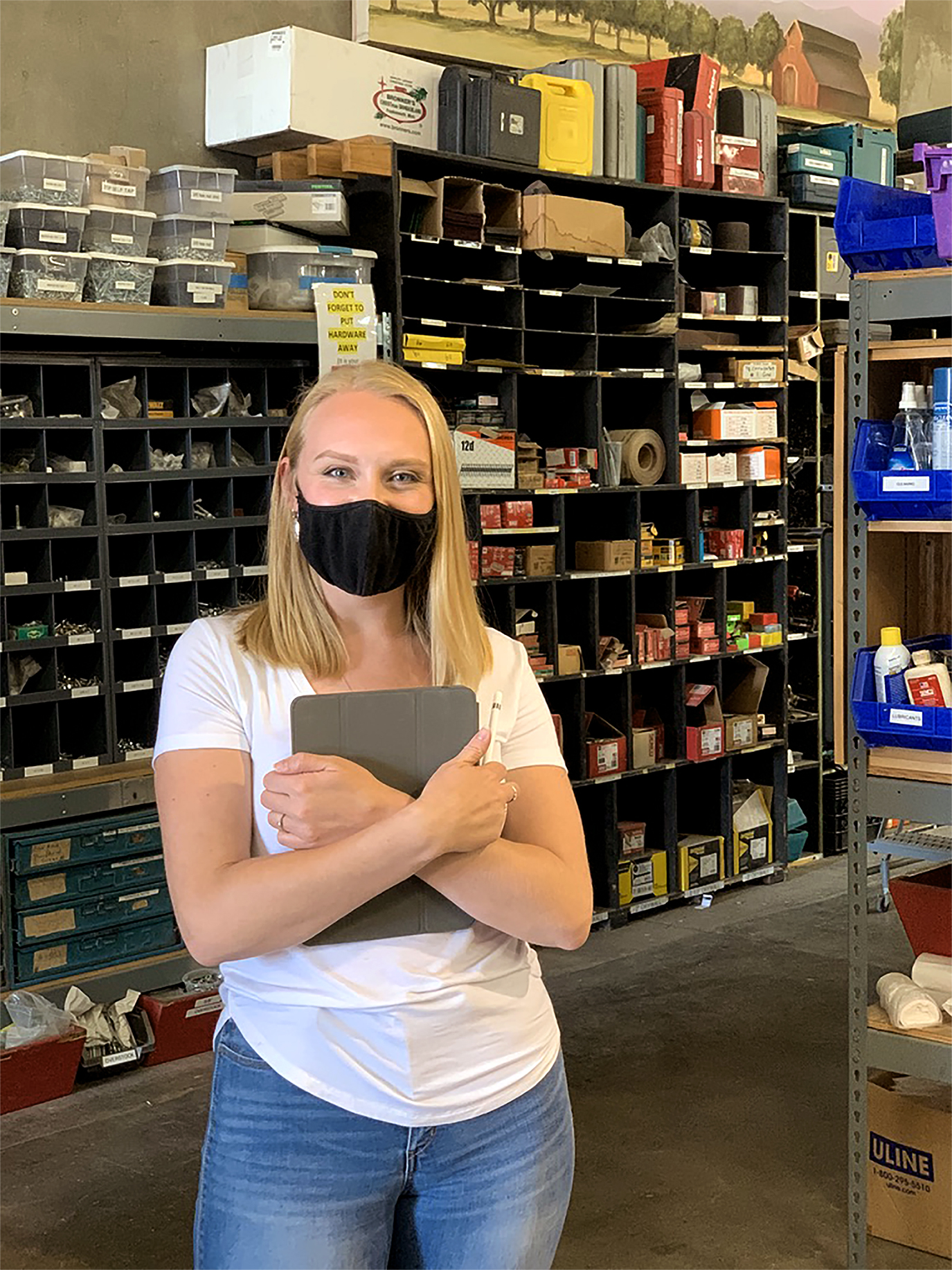
"I have always had a love for art, its materiality, history, and especially its cultural impact both past and present. Taking art history classes was an essential part to my understanding of how all these aspects merge together to create the vast number of experiences and stories that art and objects have to tell, especially in my line of work conserving library and archives collections. You need a complete understanding of art as living history, and art history certainly provided that perspective."
–Jess Ortegon
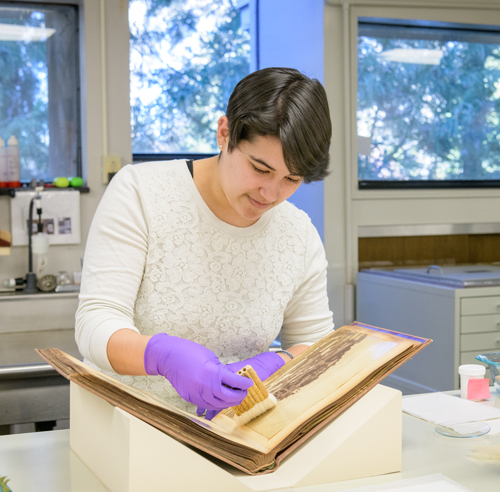
Why study art history at UConn?
We live in a visual world. But do you understand what you are seeing? How can you see with more historical context? More agency? How can you transform this visual world? With Art History.
UConn's Art History program focuses on art’s transformative capacity to change the way we see and understand the world. We emphasize not only the aesthetic and historical meanings of art, visual culture, and objects, but also their ability to address issues of social justice and social significance in our increasingly visual world.
Let Art History give you the core skills—critical seeing, thinking, and writing—to seeing a better world.
Experience Infinite Job Opportunities in the Art History Sector
There is no field, no career, no area of work that is not enhanced by a degree in Art History. We give you the skills to see, critique, engage, and communicate—skills needed in all walks of life.
Many of our students go on to professions in the arts: curatorships, art conservation, gallery and museum directorships and management, arts administration, art critics, non-profit work. Yet most take the skills gained through their study of Art History to pursue careers in areas such as law, healthcare, business, international relations, publishing, politics, and marketing.
Vision/Creativity/Leadership/Critical Voice:
These are the skills Art History gives you.
Meet Our Faculty
Elizabeth Athens
Assistant Professor of Art History
ELIZABETH.ATHENS@UCONN.EDU
Read Bio
Check Out My Work
Select Publications
- Contributing author, "History of Early American Landscape Design" digital resource, Center for Advanced Study in the Visual Arts, National Gallery of Art.
- “Chaotic Life: Representing the Freshwater Polyp,” J18: A Journal of Eighteenth-Century Art and Culture (Aug. 2016).
- “William Bartram’s Inimitable Picture: Representation as the Pursuit of Natural Knowledge,” Journal of Florida Studies 1:4 (Dec. 2015).
Newspaper/Radio/Other Media
- Alina Tugend, “Displaying, Not Hiding, the Reality of Slave Labor in Art,” New York Times, Oct. 23, 2019.
- Jason Daley, “Museums Tie Portraits to the Wealthy to their Slaveholding Pasts,” Smithsonian Magazine (June 20, 2018).
- Maria Garcia, “At the Worcester Art Museum, New Signs Tell Visitors Which Early American Subjects Benefited from Slavery,” WBUR, June 7, 2018.
- Sarah E. Bond, “Can Art Museums Help Illuminate Early American Connections to Slavery?” Hyperallergic, Apr. 25, 2018.
Alexis Boylan
Associate Professor of Art History with a joint-appointment in the Africana Studies Institute & Director of Academic Affairs, Humanities Institute
ALEXIS.BOYLAN@UCONN.EDU
(860) 486-3702
Read Bio
Check Out My Work
Recent Videos:
Recent books:
- https://mitpress.mit.edu/books/visual-culture-1
- https://manifold.umn.edu/projects/furious-feminisms
- https://www.bloomsbury.com/us/ellen-emmet-rand-9781350189935/
Recent Articles:
- “Fashioning a Way Out of Black Pain,” Boston Review (August 28, 2020)
- “Hyman Bloom’s Messy Bodies,” Boston Review (February 21, 2020)
- “AI’s Human Problem,” Boston Review (December 13, 2019)
- “Race in Black and White,” Boston Review (June 7, 2019)
Robin Greeley
Associate Professor of Art History
ROBIN.GREELEY@UCONN.EDU
(860) 486-3930
Read Bio
Check Out My Work
Select Publications
- “Participatory Art at the Border,” in The Future is LatinX, ed. Yulia Tikhanova (Willimantic: Eastern Connecticut State University, 2020): 15-19.
- "Enrique Chagoya," Bomb Magazine (Winter 2001)
- "Witnessing Revolution, Forging a Nation,” in Paint the Revolution: Mexican Modernism 1910-1950, eds. Renato González Mello et al, (New Haven: Yale University Press/Philadelphia: Philadelphia Museum of Art, 2016), 2-9.
Kathryn Moore
Assistant Professor of Art History
KATHRYN.MOORE@UCONN.EDU
(860) 486-3930
Read Bio
Michael Orwicz
Associate Professor of Art History
MICHAEL.ORWICZ@UCONN.EDU
(860) 486-2560
Read Bio